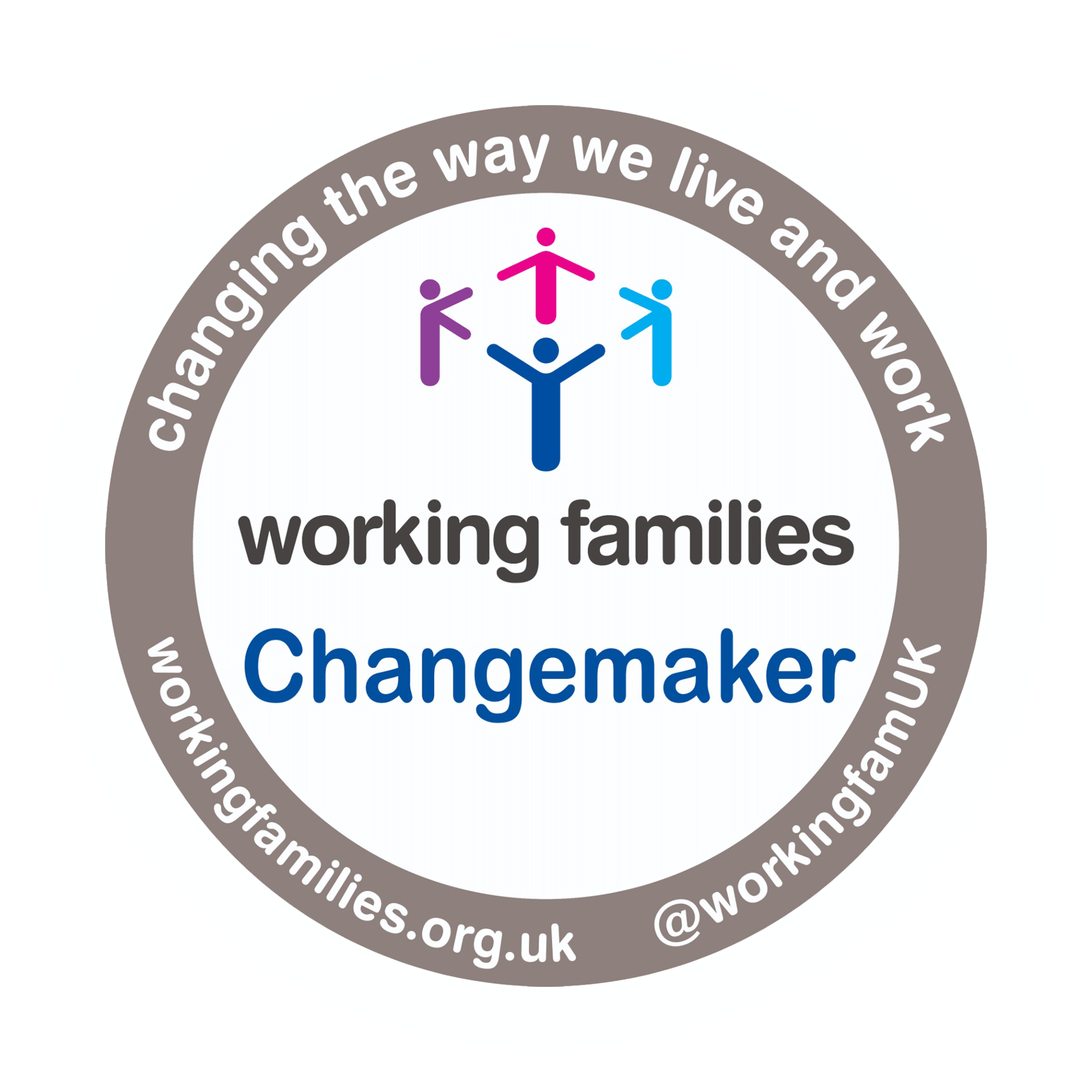Flexible working has become increasingly popular in recent years as more and more companies adopt it. Flexible working gives employees greater control over when, where and how they work. This can include options such as reduced hours, job sharing, remote or virtual working, compressed weeks and flexible start and finish times. However, despite its growing popularity, there are still a lot of barriers and myths surrounding flexible working, both for employers and employees. It’s increasingly important to understand and address these barriers so businesses and candidates can benefit from the advantages of flexible working. This article examines some of the most prevalent myths associated with flexible working and looks at how they can be overcome.
Your experience and skills as a flexible worker are just as valuable as those of a full-time employee
One of the biggest myths surrounding flexible working is that, as a flexible employee, you’re less valuable than someone who works full-time. This is simply not true; whether you work full-time, part-time or remotely, your experience and skills are what matter most. The value you bring to the table is based on your knowledge, experience, creativity, ability to solve problems and work ethic, not the number of hours you work or where you work from. If you’re worried about not getting the recognition you deserve, ask your employer for performance reviews or objectives that allow you to demonstrate your achievements.
Similarly, working flexibly doesn’t mean you should get paid less (pro rata) than those working full-time in a similar role. As an experienced professional, you should ensure you are paid fairly and equitably. If you’re looking for a new position, it can be helpful to research relevant salary information for similar roles in your industry or area and compare this to the salary you’re being offered. Glassdoor is a good source for this research. If you’re currently in a job and worried that you’re not receiving the same pay level as a full-time employee, speak to your employer to understand why this is; if they’re unwilling to negotiate, it may be time to look for another role.
Your career shouldn’t have to suffer when you work flexibly
If you’re considering a flexible work arrangement, you might worry that your career progression could suffer. However, this doesn’t have to be the case. Many people choose flexible work arrangements because they want to prioritise their work-life balance or because it suits their personal circumstances. It’s important to remember that flexible work doesn’t mean you’re less committed to your career. The key to success is communicating your goals and aspirations with your employer and creating a plan that allows you to meet your career goals while working flexibly. This can be done by setting clear objectives and expectations, maintaining regular communication, and ensuring that your work is of a high standard. If you have a strong track record of producing quality work and you can demonstrate that you can achieve your goals while working flexibly, there’s no reason why your progression should take a hit.
Dealing with Imposter Syndrome
Another challenge many employees face when working flexibly is dealing with feelings of imposter syndrome. Unfortunately, many flexible workers worry that their colleagues or superiors may view them as less committed or less competent because they work fewer hours or from a different location, especially if not all of the team work flexibly. However, it’s crucial to remember that these feelings are not necessarily based on reality. The truth is that many people work flexibly, and your colleagues may really respect your decision and are unlikely to be thinking the thoughts that you fear. If you’re struggling with these feelings, it’s important to remind yourself of your achievements and to focus on the positive feedback you receive from your colleagues and managers. You can also seek support from a mentor or coach who can help you develop strategies for dealing with Imposter Syndrome.
If you do experience negative feedback or comments about your flexible work arrangement, it’s essential to address it directly. This could involve conversing with your manager or HR representative, setting boundaries, and communicating your availability to colleagues. It’s crucial to remember that you have the right to work in a way that suits you and your circumstances.
Conclusion
Flexible working is here to stay. For employers, hiring flexible talent can be a great way to attract experienced candidates and create a more diverse and inclusive workplace, along with some tangible business benefits (as we noted in this article.) For employees, flexible working allows you to take control of your career and work-life balance without sacrificing your long-term goals or the quality of your work. Remember that you possess the same skills and experience as your full-time counterparts. Don’t let Imposter Syndrome discourage you from taking advantage of available opportunities. With the right plan and mindset, flexible work can be an incredibly rewarding experience for both employers and employees alike.
P.S. if you’d like to gain more insights on this topic, we’re hosting our very own webinar on Thursday, 27th of April, at 1 pm, in partnership with Executive Coach Sarah Farmer. This event will be exclusively for our registered candidates, so watch out for an email invitation from us soon.








